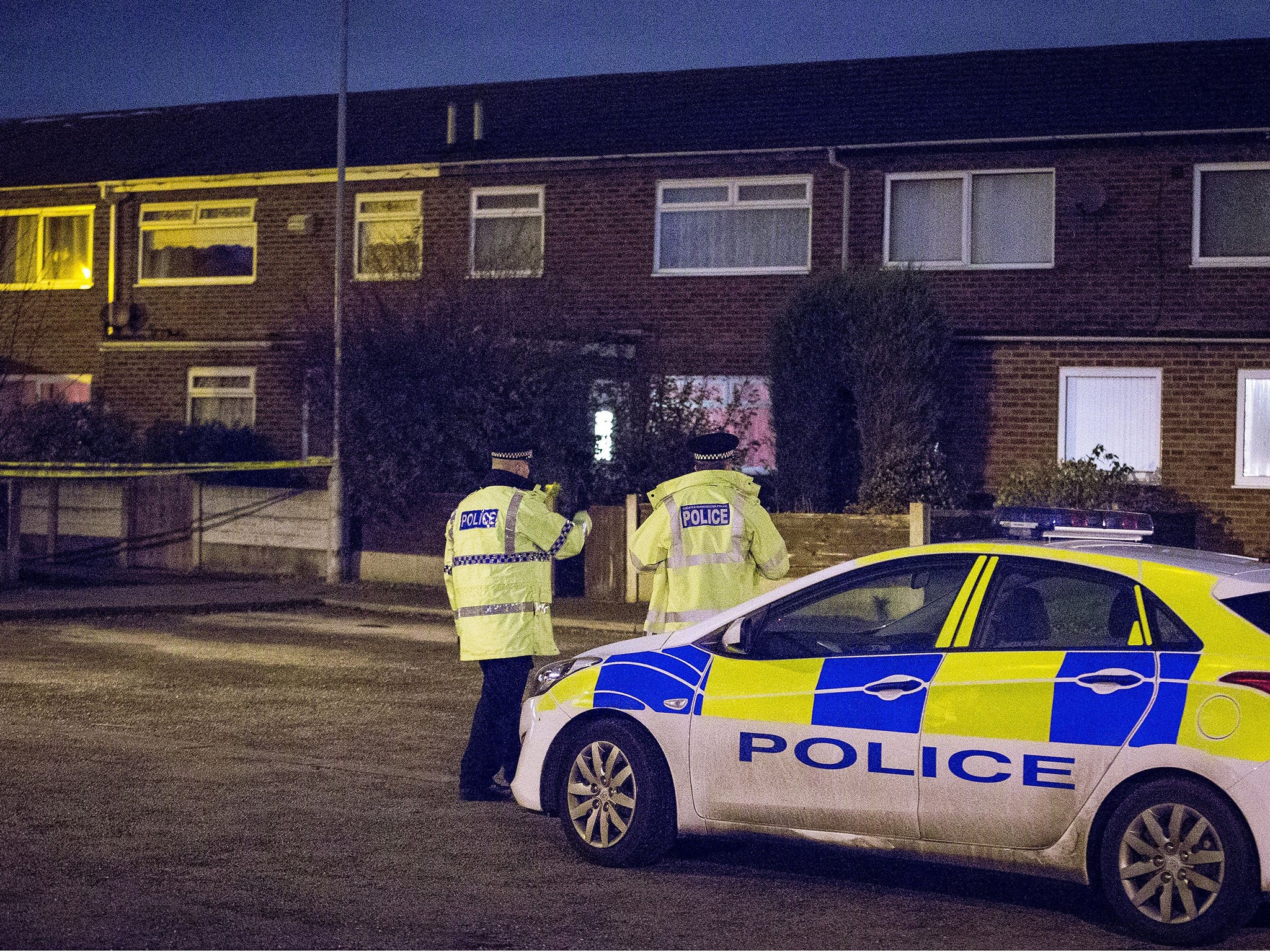‘Kafkaesque’ ban on man entering street decried by judge
Judge: "Mr R could be forgiven for feeling like the protagonist in ‘The Trial’"

A father-of-six got home from work to discover he had been barred from even entering the street where he had lived with his family for a decade – in a case described as “Kafkaesque” by a High Court judge.
Mr Justice Jackson said the man at the centre of the family court litigation, whom he named only as Mr R, could have been forgiven for feeling like Josef K – the protagonist in Franz Kafka’s 1925 novel The Trial.
He returned home from work as normal on a Friday evening in June and was served with an order – obtained by his wife that day – which forbade him from entering the street where they had lived for more than a decade. He was not told about the order in advance, and had been given no chance to challenge it.
Detail of the case emerged in a ruling by Mr Justice Jackson – who sits in the Family Division of the High Court in London – following the latest round of the litigation. No-one involved was identified.
Mr R’s wife – named by the judge as Mrs R – consulted solicitors and complained that she was a victim of domestic abuse.
A deputy district judge subsequently made an order at a family court hearing – which Mr R knew nothing of and which could not have lasted for “more than five minutes” – barring him from entering the street where he lived.
Mr Justice Jackson has raised a number of concerns about the litigation and said 11 steps in the legal process had been “wrong”.
The judge said Mr R had tried to challenge the order but because of an “insignificant procedural failing” his complaint had not been heard.
He said court powers had been used in a draconian fashion – and said at one point Mr R was even detained by police for a minor infringement of the order.
“He was arrested for an innocuous breach of the original order to which he pleaded guilty without receiving legal advice and in consequence acquired a criminal record,“ Mr Justice Jackson said.
“And as if that were not enough, the effect of the original order was to deprive him of contact with his children for fully five months.”
“All in all, Mr R could be forgiven for feeling like the hapless protagonist in Kafka’s The Trial.”
The judge said the order barring Mr R from entering his street should not have been made.
And he said a judge faced with an application of which one side was unaware should always begin by asking “why?” not “why not?”
“(Mr R) was given no effective opportunity to challenge it within a reasonable time,” he added. “The court’s case management powers were then used in a draconian way that compounded the injustice to an unrepresented party.”
Mr Justice Jackson said he had allowed Mr R’s appeal – and set aside previous orders – on the basis of the errors made in the legal process.
Subscribe to Independent Premium to bookmark this article
Want to bookmark your favourite articles and stories to read or reference later? Start your Independent Premium subscription today.
